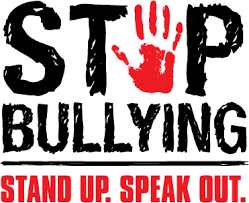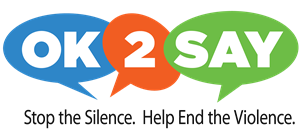Bullying, Harassment, or Intimidation Prevention
Refer to Pickford's District Policy Regarding Anti-Bullying - Find it in the BoardBook Link Below in the 5200 Students Conduct and Discipline Section of Our Board Policies
Pickford School and the Board of Education will not tolerate any gestures, comments, threats, or actions to a student which cause or threaten to cause bodily harm, reasonable fear for personal safety, or personal degradation. This policy applies to all activities in the District, including activities on school property and those occurring off school property if the student or employee is at any school-sponsored, school-approved or school related activity or function, such as field trips or athletic events where students are under the school’s control, or where an employee is engaged in school business.
Any student who believes s/he has been the victim of bullying, hazing, or other aggressive behavior should immediately report the situation to school personnel.
Students can also report using an online report, email, voicemail, regular mail or by leaving a sealed note addressed to the individual at that person’s office or desk.
Bullying is the intimidation of others by acts, such as but not limited to:
threatened or actual physical harm
un-welcomed physical contact
threatening or taunting verbal, written or electronic communications
taking or extorting money or property
damaging or destroying property
F blocking is impeding a student's movement
Online Bullying is electronically transmitted acts–i.e., internet, telephone or cell phone, personal digital assistant (PDA), or wireless hand held device) for text messaging, instant messaging, blog web sites or online bullying through social networking sites (e.g., Instagram, Facebook) to harass through unpleasant or aggressive messages.
Aggressive Behavior is defined as inappropriate conduct that is repeated enough, or serious enough, to negatively impact a student’s educational, physical, or emotional well-being. This type of behavior is a form of harassment, although it need not be based on any of the legally protected characteristics, such as sex, race color, national origin, marital status, or disability. It would include, but not be limited to, such behaviors as bullying, hazing, stalking, intimidating, menacing, coercion, name-calling, taunting, making threats.


